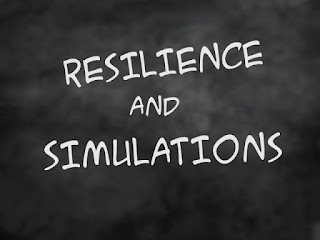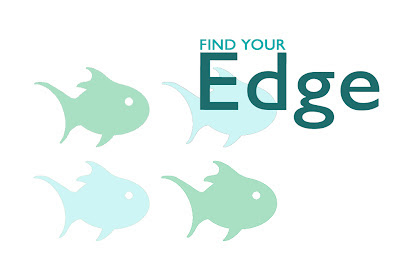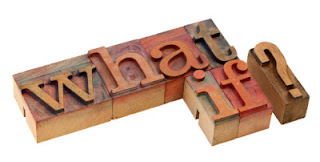Resilience and simulations

With less than a week to go until the start of the London Olympics let's start with a topical metaphor. Think of a successful organisation as a healthy athlete. Honed, toned, in the zone and eager for success. Reaching the pinnacle of Olympic success takes time, commitment, vision and only comes with dedicated practice and preparation. This preparation comes in different forms – mental and physical - and all with the aim of being at your best when the moment of truth arrives. Coaches ask their athletes to visualise what it will feel like to compete, to imagine in great detail, how they will compete in those vital moments when there is all to gain, or all to lose. What does success look like? What will it take to win through? How will it feel to do so? What needs to happen for success to be realised? The same preparatory techniques can be applied to organisations, where simulations can form part of this preparation, helping the organisation develop and maintain its v...





